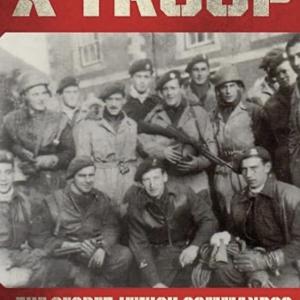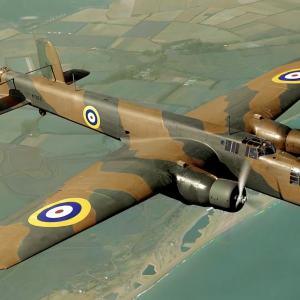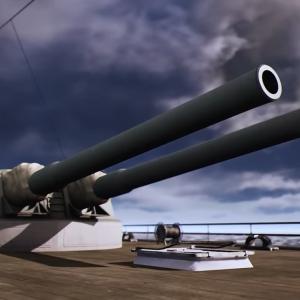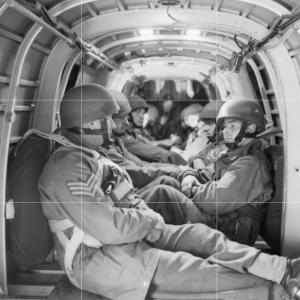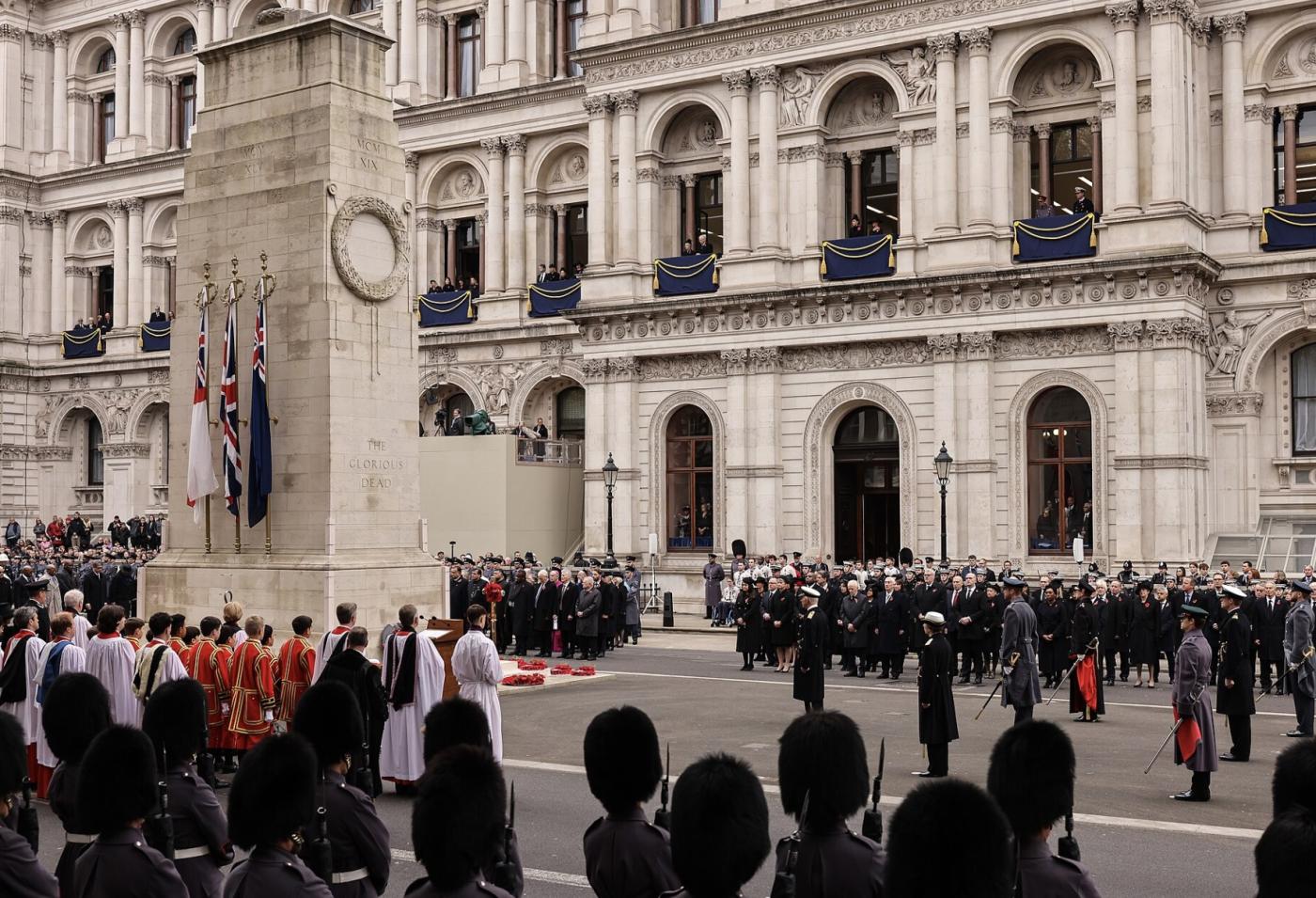
Rememberance Sunday
Remembrance Sunday is a national day in Britain held on the second Sunday of November each year, closest to the eleventh day of the eleventh month. It exists to honour the memory of the men and women who died in the service of the nation during wars and conflicts. Its origins lie in the aftermath of the First World War, a conflict of such scale and loss that the government and people of Britain sought a formal moment to remember the dead. The first national observance was held in 1919 on the first anniversary of the Armistice, which had brought the fighting to an end at 11am on 11 November 1918. Over time the emphasis shifted from Armistice Day itself to the following Sunday so that the entire country could pause together in collective reflection without disrupting working life.
The observance centres on the simple but powerful act of silence. At 11am on Remembrance Sunday, two minutes of absolute stillness are held across the nation. This silence is respected in churches, at war memorials, in town and village centres, and at the Cenotaph in Whitehall where the King, senior politicians, military leaders and veterans gather for the national ceremony. It is a moment to think of lives cut short, of families changed forever, and of sacrifice freely made in the hope of lasting peace. Though its origins were in the First World War, Remembrance Sunday now includes all conflicts in which British and Commonwealth forces have served, from the Second World War to more recent operations such as the Falklands, Iraq and Afghanistan.
The red poppy became the defining symbol of remembrance because it was the flower that grew across the battlefields of Flanders after the First World War. Inspired by the poem In Flanders Fields by Lieutenant Colonel John McCrae, the poppy was adopted as a symbol of hope and memory. In 1921 the Royal British Legion began selling poppies to raise funds for those injured in the war and for the families left behind. Ever since, people across the country have worn paper poppies in the weeks leading up to Remembrance Sunday to show their respect and support.
The money raised through poppy sales does not simply mark remembrance, it directly supports those who have served. The Royal British Legion uses the donations to provide lifelong assistance to veterans and their families. This includes financial support, mobility aids, housing advice, mental health services, recovery programmes and help with employment and education after leaving the armed forces. The poppy appeal remains one of the largest charitable efforts in the United Kingdom, reaching those from every generation of service.
Remembrance Sunday holds profound importance for the British public. It is a day on which past, present and future come together: honouring those who died, supporting those who still bear the cost of service, and quietly reaffirming the nation’s determination that such sacrifices should never be forgotten. Across cities, villages, churches and homes, it is a moment of unity that cuts across age, politics and background. The continued observance of Remembrance Sunday, more than a century after it began, shows how deeply woven remembrance is into the identity and conscience of the nation.

